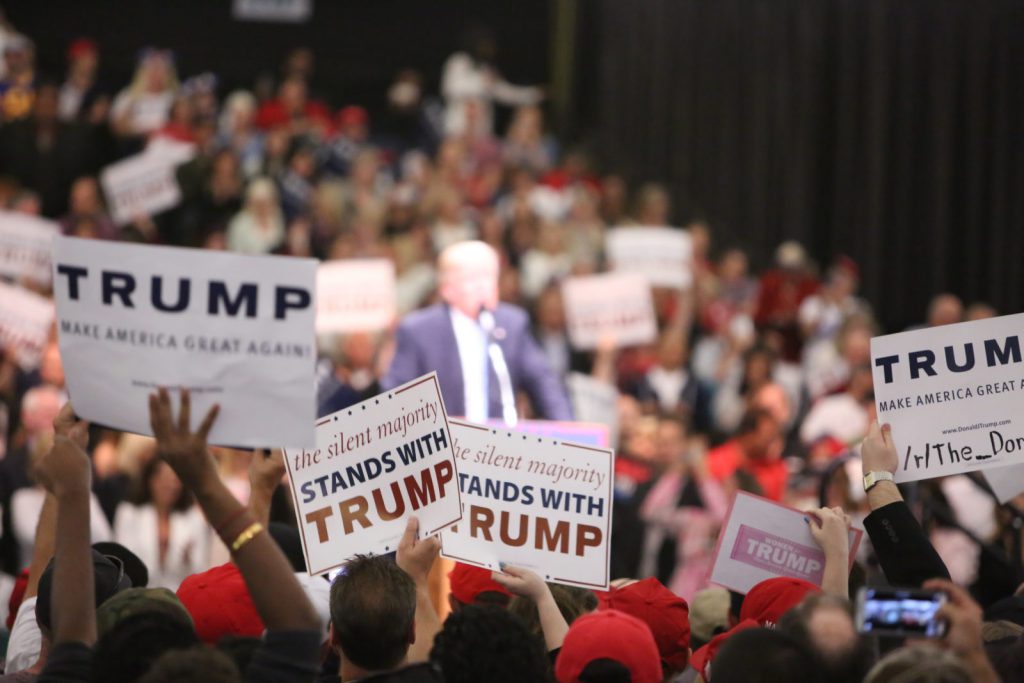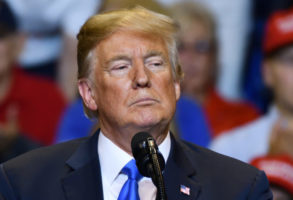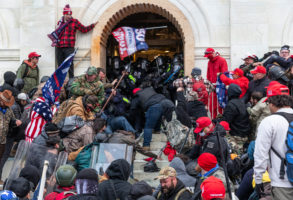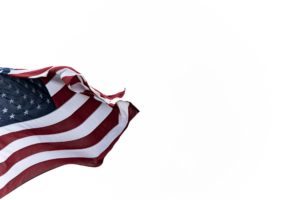
Published January 26, 2018
I am old enough to remember when conspiracy theories were primarily the province of the Left.
In the 1990s, the San Jose Mercury News ran a series asserting that the crack epidemic in African-American neighborhoods was a plot orchestrated by the CIA. The tale was satisfying to many predisposed to see the CIA as a villain and sympathetic to explanations of addiction that excluded human weakness. The Nation of Islam expressed outrage. Senator Barbara Boxer wrote to the CIA director demanding an explanation. There were Senate hearings and three federal investigations on the topic. No evidence was found of any CIA effort to introduce crack cocaine to American communities.
In 1981, Washington, D.C., was convulsed by Gary Sick’s allegations that the Reagan campaign had negotiated with the Iranian government to delay the release of American hostages until Reagan’s inauguration. The House of Representatives and the Senate both investigated, as did several news organizations. The claim was found to be groundless.
In the 2000s, a number of left-wing entertainers along with assorted kooks like Jesse Ventura and Alex Jones embraced the “9/11 truther” conspiracy — that the attacks were an inside job directed by George W. Bush.
This isn’t to say that the Right was free of the conspiracy cancer — more that it was in remission. Bill Buckley, who had reigned as the de facto leader of American conservatism for decades, excommunicated the John Birch Society, the anti-Semites, and other conspiracy-mongers of the right.
But in 2011, Donald Trump flamboyantly boosted the “birther” conspiracy about Barack Obama in a Today Show appearance. He claimed to have a team of investigators working in Hawaii, “and they cannot believe what they’re finding.” Trump was rewarded by moving to the top of Republicans’ list of preferred presidential candidates for 2012. As to whether Trump actually ever sent anyone to Hawaii — that is open to doubt.
Historian Richard Hofstadter famously diagnosed the “paranoid style” of American politics. It’s not clear that we suffer from paranoia more than others, but there is no doubt that conspiracy theories are inimical to social trust. The conspiracy theory about the CIA being responsible for the cocaine epidemic arguably did more damage to the spirits of people who believed their government capable of this than to the CIA itself.
President Trump’s champions demand that so-called Never Trumpers acknowledge his accomplishments (which many do), yet they display no willingness to concede that they are paying a huge price in credibility by descending to truth-free tactics in defense of him.
Many conservative outlets are red-faced with indignation about a supposed conspiracy within the FBI and the “deep state” to destroy Donald Trump. The evidence? Justice Department officials may have relied, in part, on the “Democrat funded” Steele dossier to get a FISA warrant on Carter Page. A Republican FBI deputy director is married to a Democrat. An FBI agent (whom Mueller fired) expressed dismay about Trump’s election and joked with his mistress about a “secret society.” This is partisan hysteria. Mueller will either find something or he won’t. Attempting preemptively to discredit the investigation — which most Republicans initially welcomed — suggests lack of faith in their leader’s innocence.
Trump has a promiscuous habit (no, not that one) of flinging wild accusations. The stable of enablers at Fox News, Breitbart, and elsewhere who repeat his accusations of an FBI conspiracy cannot have forgotten so much so soon. In April 2016, after Ted Cruz won all the Colorado delegates, Trump fumed that the Republican party was corrupt: “I’m hundreds of delegates ahead but the system is rigged, folks. It’s a rigged, disgusting, dirty system. It’s a dirty system and only a non-politician would say it.”
When the judge in the Trump University fraud case issued rulings Trump didn’t care for, he declared that the judge was biased because of his ethnic background. He called the Indiana-born judge a “Mexican.” (He settled the case after the election for $25 million.)
Anticipating a loss in 2016, Trump declined to vouch for the legitimacy of the coming vote. Later, haunted by losing the popular vote, he circulated baseless stories that millions of illegals voted in the 2016 election.
Conspiracy thinking is lazy, damaging, and weak. It undermines the already shaky confidence Americans place in institutions. Trump revels in it. To see huge swaths of the Republican opinion elite following suit is acutely disappointing. Defend him if you choose, but don’t become him.
— Mona Charen is a Senior Fellow at the Ethics and Public Policy Center. © 2018 Creators.com








